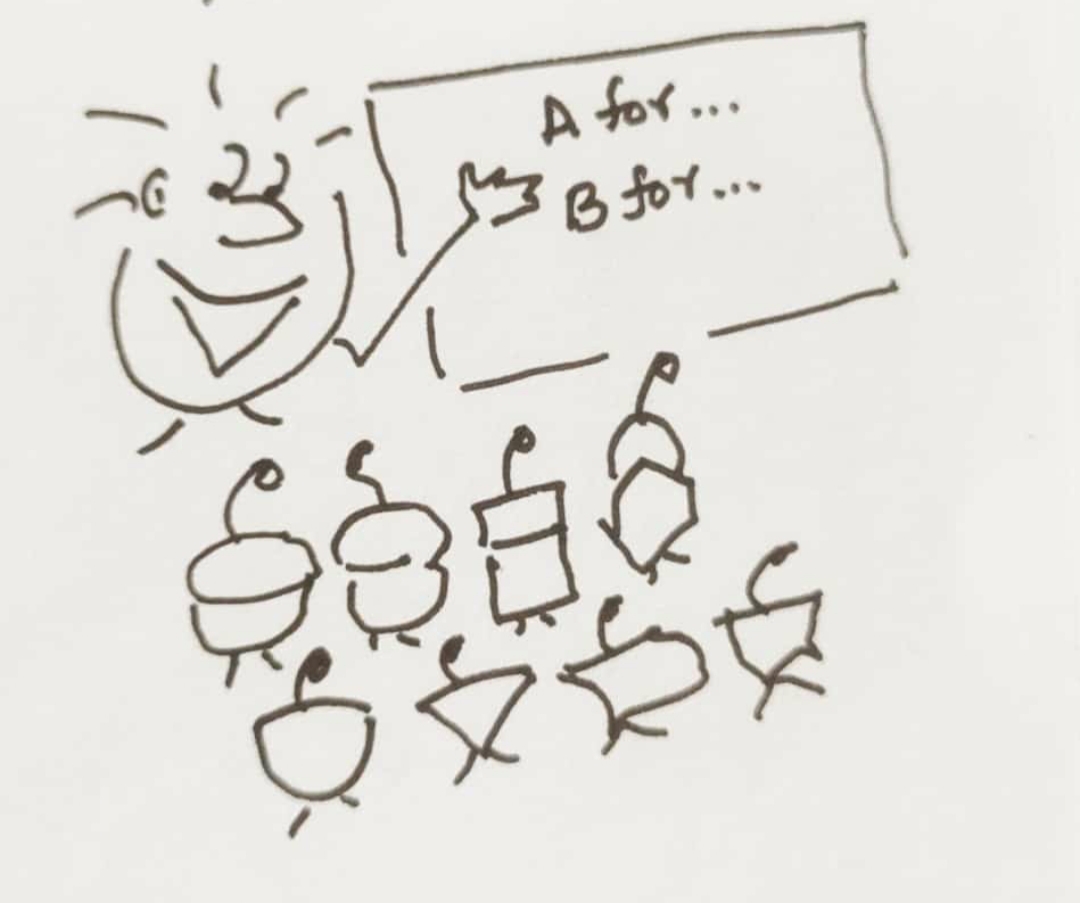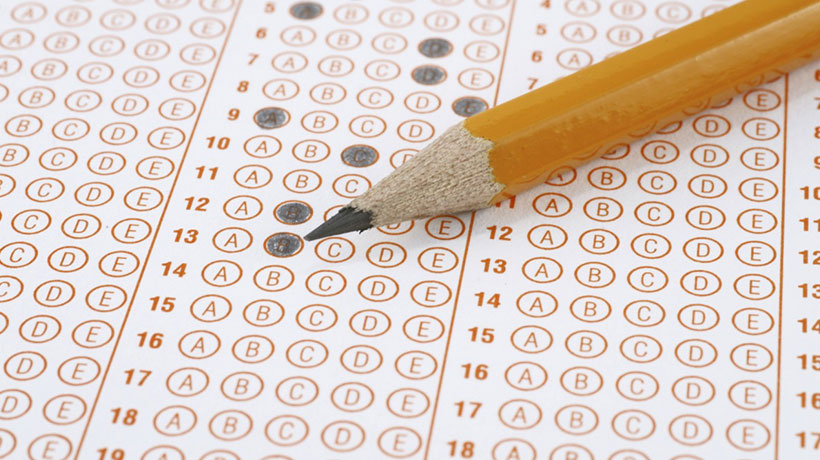Trending Now
- 830 voters names go missing in Kavundampalayam constituency
- If BJP comes to power we shall consider bringing back electoral bonds: Nirmala Sitaraman
- Monitoring at check posts between Kerala and TN intensified as bird flu gets virulent in Kerala
Education
You are more vulnerable to sudden cardiac arrest than you think
![]() February 27, 2018
February 27, 2018
We are unable to overcome the gloomy spell that Sridevi’s death has cast over us. What is scary is the fact that reports say that what led to her death was a sudden cardiac arrest.
What exactly is it, how it can take your life and what can one do to save herself/himself?
Let us learn this from Padma Shri Dr KK Aggarwal, President, Heart Care Foundation of India and Immediate Past National President of IMA, who has cleared some of the doubts surrounding the shocking medical condition in an interview with ANI.
WHAT IS SUDDEN CARDIAC ARREST?
Sudden cardiac arrest (SCA) and sudden cardiac death (SCD) refer to the sudden end of cardiac activity with hemodynamic (blood flow) collapse.
SRIDEVI’S SCA
The news of Sridevi’s cardiac arrest, a seemingly fit person devoid of any past heart-related medical history, is proof that cardiac arrest could be: firstly, sudden, and secondly, without a history of cardiac issues. So, what can actually cause it?
IF SCA IS DUE TO HEART BLOCKAGE
1.Over 70 per cent of all sudden cardiac deaths are due to underlying heart blockages
2.The frequency of heart blockages is much lower (24 per cent) in sudden deaths occurring under the age of 30
IF SCA IS DUE TO HEART DISEASE
About 10 per cent of sudden deaths are due to underlying structural heart disease such as:
1.Congenital heart diseases
2.Myocarditis (inflammation of the heart muscle)
3.Hypertrophic cardiomyopathy (difficulty of the heart to pump blood)
4.Arrhythmogenic or right ventricular cardiomyopathy (inherited heart disease)
The frequency is much higher in subjects under the age of 30 (35 per cent).
IF SUDDEN CARDIAC ARREST IS DUE TO IMPROPER HEARTBEAT
Around 5 to 10 per cent of sudden cardiac deaths are due to improper beating of the heart — whether irregular, too fast or too slow– occurring in the absence of underlying structural heart diseases. All of these abnormalities can be seen on ECG.
IF SCA IS NON-CARDIAC
Around 15 to 25 per cent of cardiac arrests are non-cardiac in origin. The causes include trauma, bleeding, drug intoxication, haemorrhage, near-drowning, and central airway obstruction– amongst others.
IF SCA IS DUE TO HEART FAILURE
Sudden cardiac deaths account for 30 to 50 per cent of deaths in patients with heart failure
IF SUDDEN CARDIAC ARREST IS DUE TO HEART ATTACK
About 60 per cent of deaths associated with acute heart attack occur within the first hour and were found to be attributable to a rapid, life-threatening heart rhythm starting in the bottom chambers of the heart.
IF SCA IS DUE TO CORONARY HEART DISEASE
In the event of a coronary heart disease, SCA and SCD could occur due to are pulse-less electrical activity, amongst other causes.
IF SCA IS DUE TO SILENT ANGINA
1.SCA/SDA could also occur in the absence of chest discomfort, breathlessness, nausea, sweating etc. This is what is known as silent angina
2.Between 25 and 45 per cent of patients with coronary heart disease have silent angina during daily life, and most (more than 75 per cent) of these episodes are neither associated with chest pain, nor do they necessarily occur during/ post physical exertion
3.Patients with diabetes, older adults, and those with prior heart attack or prior bypass surgery are particularly susceptible to silent angina
4.These patients may present with breathlessness alone, nausea and/or vomiting, palpitations or transient loss of consciousness. They are more likely to be older, diabetic, and women
GENDER-SPECIFIC SCA
Women are less vulnerable to sudden death than men
A higher fraction of sudden deaths in women occur in the absence of prior apparent blockages
AT-HOME SUDDEN CARDIAC ARREST
1.About 65 per cent of out-of-hospital cardiac arrests occur at home
2.If not revived, fewer than 2 per cent will be alive after a month
3.Having an arrest at home is a strong independent predictor of a more adverse outcome
WHAT TO DO IN CASE OF AN AT-HOME SCA?
Bystander Cardiopulmonary resuscitation (CPR) is the only answer in out of hospital cardiac arrest
It is an emergency procedure that combines chest compressions often with artificial ventilation in an effort to manually preserve intact brain function until further measures are taken to restore spontaneous blood circulation and breathing in a person who is in cardiac arrest
Bystander CPR with chest compressions alone results in improved survival to hospital discharge and increases chances of living by twofold
EFFECTIVE FIRST-AID IN CASE OF SCA
Rescuers should not interrupt chest compression to palpate for pulses or check for the return of spontaneous circulation and should continue CPR until an electric
shock machine is made ready to give a shock, a doctor to assume care, or the patient wakes up Mouth-to-mouth ventilation is not required
























